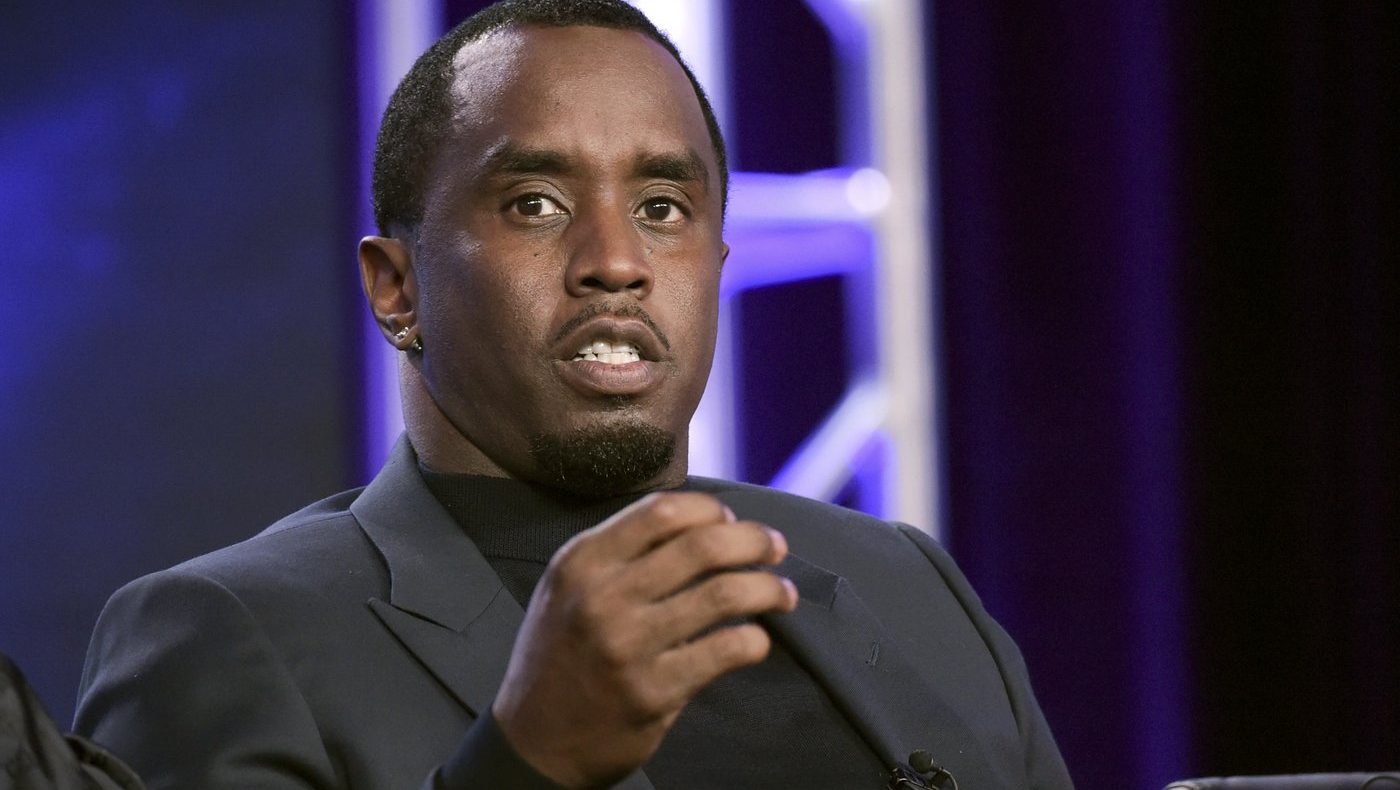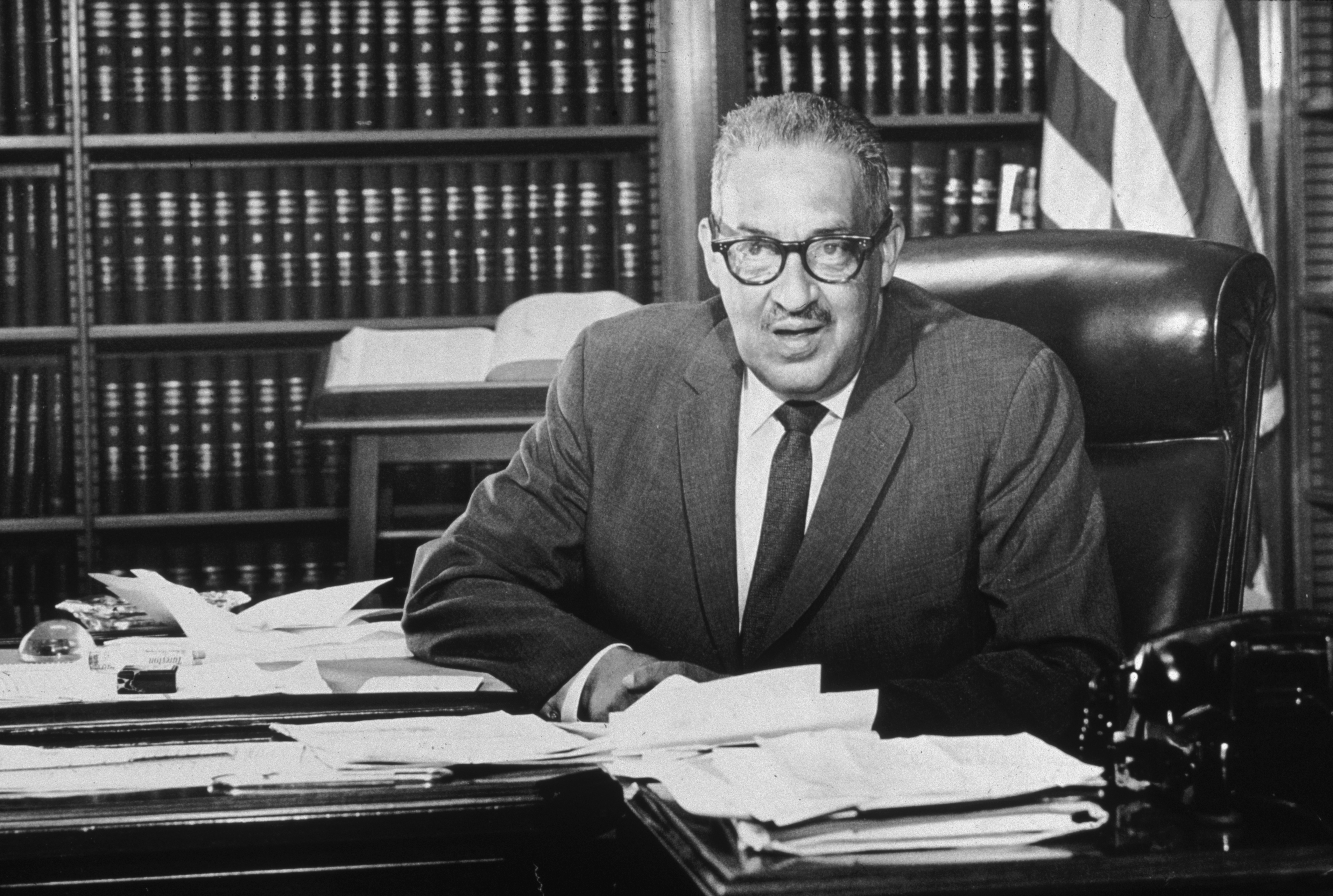This is the second installment of a series looking at Ontario jury duty service. In part one, CityNews reporter Nick Westoll provided an in-depth reflection on his experience serving as a juror. Those interviewed as part of this series had no direct knowledge or connection to the experience outlined in part one.
When it comes to performing jury duty, some minds may automatically default to thinking about just the accused in any particular case or a way to get out of the task, but Ontario court experts say serving as a juror has a much wider impact.
For judges like the Honourable Justice James Stribopoulos with the Ontario Superior Court of Justice in Brampton, the concept of jury duty is one he is passionate about and a responsibility he said he tries to convey to prospective jurors who appear before him for screening.
“It’s the country that’s calling upon you to serve the country and to serve your fellow citizens by playing this critically important role, and it is a critically important role,” he told CityNews during a one-on-one interview.
“As Canadians, our citizenship entitles us to a great deal, right? We’re the beneficiaries of this great country of ours … jury service is not discretionary. It’s your duty. It’s one of the few things that the country asks of you in return for the privilege of your citizenship.”
But for anyone who ends up serving on a jury, Stribopoulos acknowledged the hardship that may not be appreciated by many who haven’t seen the justice system up close.
“Standing in judgment of other human beings is a weighty responsibility. It’s an important role, and we need members of the community to do it for our system to continue,” he bluntly said.
“I don’t think it’s unusual to have jurors … highly affected by what they’ve experienced. Sometimes it’s just the weight of having to make a decision, knowing how it will reverberate beyond the courtroom, upon the victim or the accused, the accused’s family. Conviction or acquittal, I think the weight is there.”
The role of jury and the accused
As Benjamin Berger, a professor with the Osgoode Hall Law School at York University, noted, the earliest iteration of juries in the English legal system happened as far back as the 13th century.
“The jury was actually thought to be important because the jurors knew about the accused,” he recalled.
“So the jury was drawn, in its origins, from the community that was thought then to know things that happened during the trial or during the events that led to the trial, knew the accused, knew the people involved, and of course, that couldn’t be further from the truth of our system.”
Today, it’s a requirement that the task of judging the facts as a jury falls to strangers. But regardless, Berger said a common thread is about protecting the accused.
“The system of government has control over the criminal law, has control over the police, has the great force of the state behind it, and there is a thought that there is a bulwark or a protection against injustice that might be found for some accused people by having 12 ordinary people, and that’s really what jury of their peers has meant to signal — sort of 12 non-government ordinary people who can interrupt really government power, the power of the state,” he said.
“An accused is likely to favour a jury where they feel in some way that common sense reasoning, or the reasoning of a lay person, not someone involved in law, will favour them, will give a better view of what occurred that led to the trial. So it’s kind of an anti-state liberty.”
As an accused goes through the trial process and if they are facing a charge that could result in at least five years of prison time, they have an option to request a trial by jury versus a judge-alone trial.
Under a trial by jury, all 12 jurors must be unanimous in their finding after a period of private deliberations for an accused to be convicted of a Criminal Code of Canada offence. Up to two jurors can be excused during the process for emergency purposes. In the event a unanimous finding can’t be reached, a mistrial could be declared. Charges could be dropped or the Crown might try to proceed with another trial.
When asked about a potential strategy for a defendant to choose a trial by jury and if it might be done with the hopes the full jury wouldn’t agree, Berger said that’s likely a factor in certain cases.
“I don’t think that’s sly or a mischief in any way. We have chosen a system where it’s tried by 12 people, they have to agree. Like proof beyond a reasonable doubt, it’s a protection that errs on the side of liberty in order to achieve the protection of the innocent, right? So we err on the side of favouring not guilty verdicts,” he said.
“I think an accused who feels that the case is close enough, complex enough, that their guilt is uncertain enough that they might get one, two, three, half, or even the whole jury finding that they ought not to be held liable, that’s all part of the calculation.”
How a jury’s work can matter to victims and society as a whole
As a case makes its way through the court system, people who say they have been victimized might be called on to testify in court.
It can be a rigorous process where the Crown will conduct an “examination-in-chief” of the witness, the defence could conduct what’s called a “cross-examination,” and the Crown could opt to do a “re-examination” (another round of questions).
However, if a jury doesn’t return a finding and a mistrial is called, a witness could be recalled to do the same type of questioning all over again.
Despite all these potential rounds of questions, Berger said there is something important to note.
“The victim, except in very limited places, doesn’t have that kind of decision-making role in our criminal justice system, arguments for better or worse,” he said.
Berger said there is a factor that has the potential to emerge during certain trials, and it’s one that takes into account society’s broader interests.
Bolstered by a 1989 Supreme Court case (R. v. Turpin), he said a jury could be compelled by the Crown “through a number of different procedural means” if the offence is deemed serious enough.
“If you read the structure of our criminal procedure, the jury trial is very much a right of the accused, but it’s also very much a right of the society in the way our system is put together, there’s an ability for the society, through the prosecutor, to say a jury trial is important here.”
Courts rely on juries as key part of function: legal experts
When discussing trials involving juries, the federal justice department highlighted that it’s something that’s protected through the Canadian Charter of Rights and Freedoms. They noted that juries are an important “public institution.”
“A trial by jury interests large numbers of people in the administration of justice and makes them responsible for it,” officials wrote.
“The jury acts as a vehicle of public education and lends the weight of community standards to trial verdicts. The jury is also representative, in the sense that it acts on society’s behalf.”
To serve as a juror in Ontario, a person must be at least 18 years old and a Canadian citizen. According to the Ontario Ministry of the Attorney General, there are various exemptions from jury duty service, including:
- If a disability or medical condition would impact an ability to serve as a juror
- Convicted of a “more serious criminal offence” (convicted under the Criminal Code, Cannabis Act, Controlled Drugs and Substances Act or an offence not pardoned or one not listed in the jury regulations)
- Someone employed as a legally qualified medical practioner, practicing veterinary surgeon, coroner, police officer, firefighter, prison or correctional institution personnel, penitentiary warden, sheriff, sheriff’s officer, lawyer, articling or LLP student during work term, court of justice officer, judge, justice of the peace, member of the Privy Council of Canada, an Ontario cabinet minister, a senator, an MP, an MPP, or someone in the Canadian Armed Forces
- Knowing the judge, the accused, the witnesses or the lawyers involved
- Acting as a caregiver for someone in need
- Not being fluent in reading or speaking English
Individuals with a health condition can request to be excused from jury duty or have their jury duty rescheduled. For someone who might experience “serious hardship” if they performed jury duty, or if serving on a jury is against a person’s religion and/or they don’t live a reasonable distance from a court house, officials said these would also be grounds for being excused or rescheduled.
They noted requests are considered on an individual basis and a judge could excuse the person, ask them to participate at a later time, or assign them to serve on a jury.
Stribopoulos said he regularly hears reasons why people are unable, but the most common one involves personal hardship due to not working. Under Ontario law, someone can’t be fired for serving on a jury but there isn’t a requirement for the employer to pay them.
He said he recognizes the personal hardships jury duty can bring, but added he hopes people will step up and try to serve.
“My experience is jurors take their obligation very seriously, and jurors discharge their role quite conscientiously, and I think it is daunting for 12 ordinary people who have never engaged in fact-finding before to be tasked with deciding what the facts are in a given case,” Stribopoulos said.
“Having something like the jury, it’s a real bulwark for individual freedom, and it doesn’t work, it’s not possible, unless ordinary members of the community are willing to put their lives on hold and fulfill this important civic duty. It is not something we can afford to take for granted.”
Part three of this series will take a closer look at the current jury system and the calls for reforms



